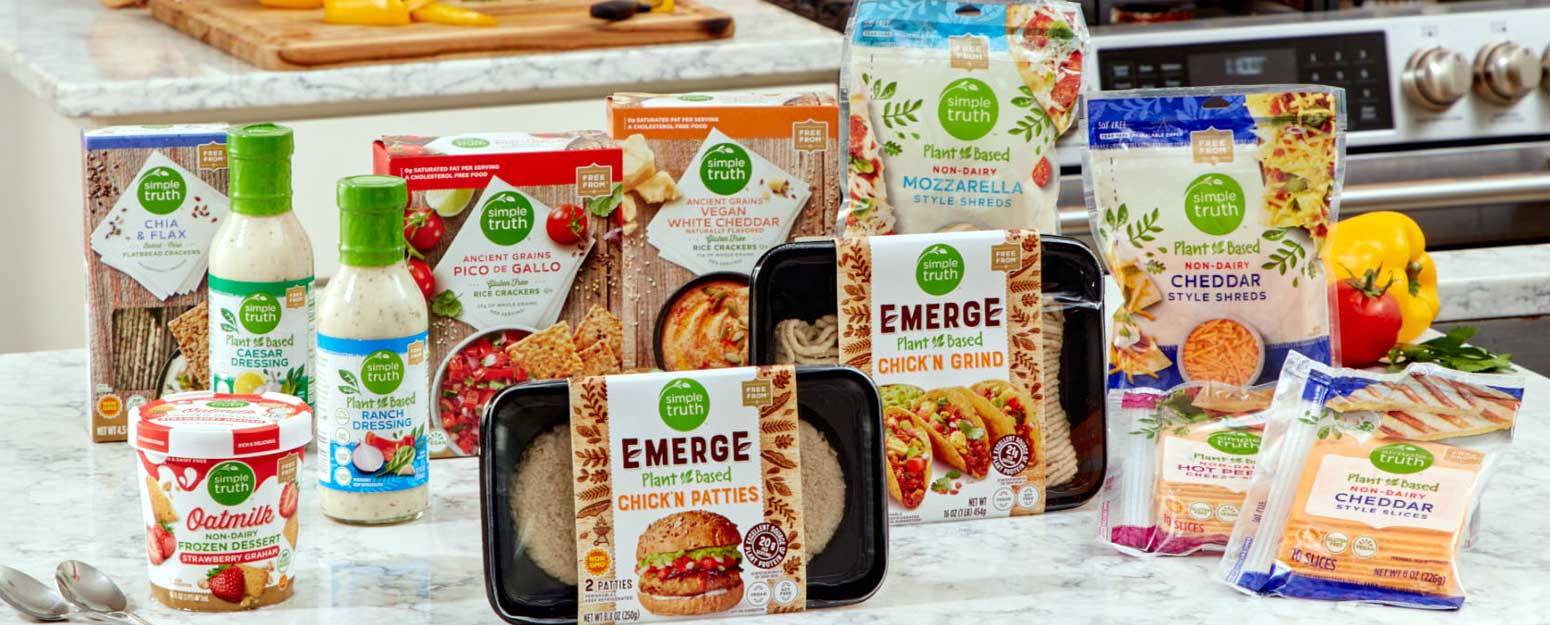Private label products are those that are produced and sold by supermarket retailers under their own brand name. They typically offer similar quality to national brands at a lower price, making them an attractive option for shoppers. In the US, private label products account for about 20% of total supermarket sales, with this figure expected to increase in the coming years.
Supermarkets can generate significant revenue from private label products, which are products that are manufactured and sold under the supermarket’s own brand rather than a national brand. These products are often less expensive than comparable national brand products, and the supermarket can earn higher profit margins on them.
Here are 8 ways supermarkets rely on private label products to increase their profitability and market share:
- Lower prices: Supermarkets can offer private label products at lower prices than comparable national brand products. This can attract price-sensitive consumers and increase market share.
- Higher profit margins: Because private label products are typically manufactured at lower costs than national brand products, supermarkets can earn higher profit margins on them.
- Differentiation: Private label products are unique to the supermarket, which can create a unique selling point that differentiates the supermarket from competitors and increases customer loyalty.
- Branding: Supermarkets can use private label products to build their own brand and create a stronger brand identity.
- Quality control: By manufacturing private label products in-house or working closely with suppliers, supermarkets can better control the quality of the products they sell.
- Innovation: Supermarkets can use private label products to introduce new products and stay ahead of trends in the marketplace.
- Inventory Management: Supermarkets can use private label products to manage their inventory and reduce the risk of stockouts.
- Consumer insights: Supermarkets can use private label products to gather consumer insights and adapt their products to meet customer needs.
The revenue generated from private label products can vary depending on the supermarket and the category of products. However, it is considered to be a significant portion of the overall revenue and an important strategy for supermarkets to increase their market share and profitability.

